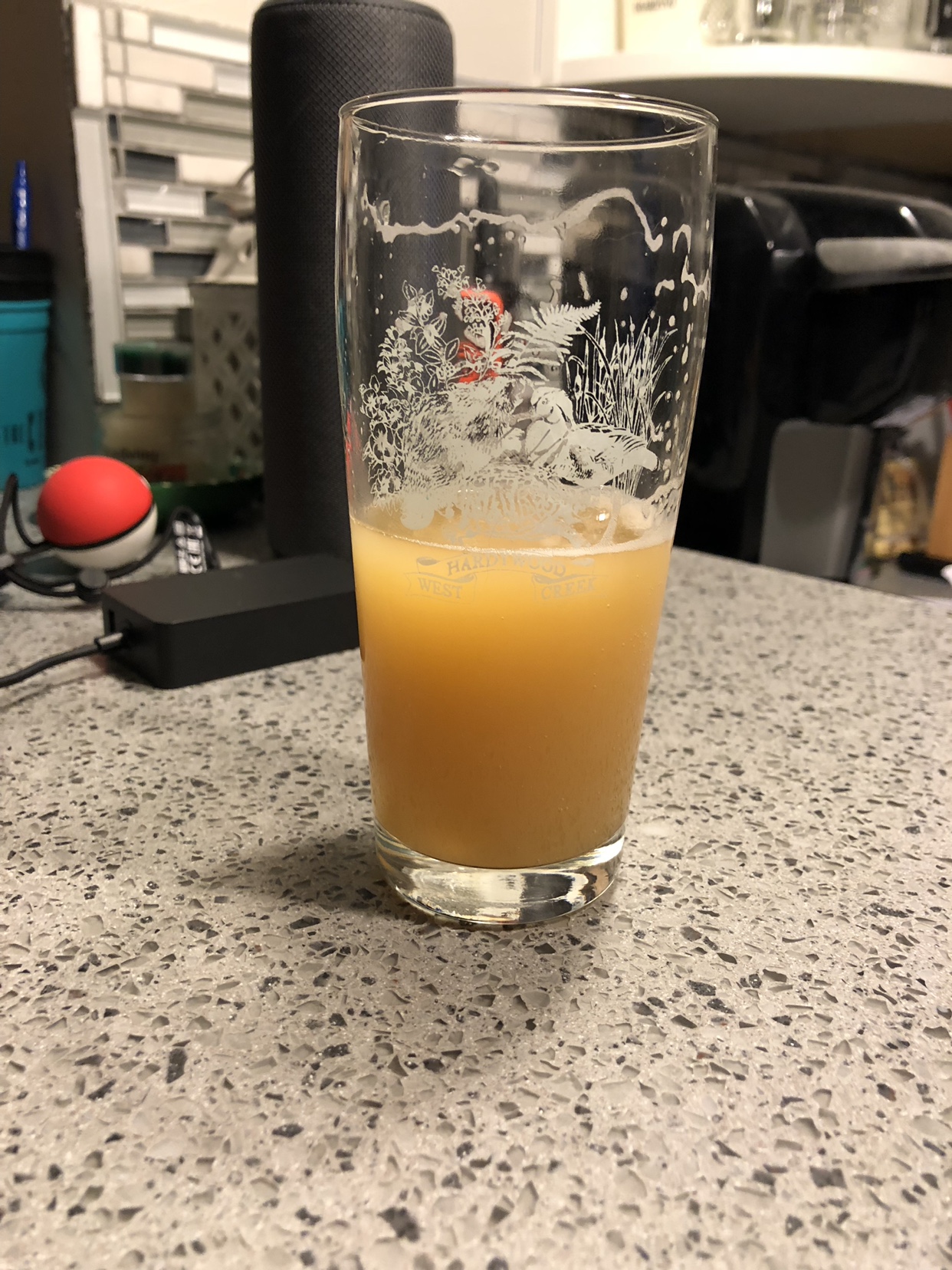Virginia_Ranger
Well-Known Member
Riding the coat tails of a few 15 minute brews I have decided to give a NEIPA a try under the same concept and would like some feed back on the process, my biggest question is how / when to incorporate flaked oats into the process. Please let me know if the grain bill is to much as well.
Fermenting Capacity: 4 gallons
Grain Bill:
Heat 2 gallons of water to boiling. When the water starts to boil (or even a little before), add Dried Malt Extract, Wheat Malt Extract, Corn Sugar and 1 oz. Cascade Hops. Set your timer for 15 minutes. After 15 minutes, bring down to 170 F and whirlpool 2 oz Citra and 2 oz Mosaic for 30 min. Where to add flaked oats before or after??????
Thanks in advance for feedback!
Fermenting Capacity: 4 gallons
Grain Bill:
- 3 lbs Light Dried Malt Extract
- 1.5 lbs Wheat Dried Malt Extract
- 5 ounces Corn Sugar
- 1 lb Flaked Oats (thinking I need to steep these but when?)
- 1 oz Cascade 15 minute boil
- 2 oz Citra and 2 oz Mosaic whirlpool at 170 F (cool down from boil)
- 2 oz Citra and 1 oz Mosaic dry hop in keg
Heat 2 gallons of water to boiling. When the water starts to boil (or even a little before), add Dried Malt Extract, Wheat Malt Extract, Corn Sugar and 1 oz. Cascade Hops. Set your timer for 15 minutes. After 15 minutes, bring down to 170 F and whirlpool 2 oz Citra and 2 oz Mosaic for 30 min. Where to add flaked oats before or after??????
Thanks in advance for feedback!







![Craft A Brew - Safale BE-256 Yeast - Fermentis - Belgian Ale Dry Yeast - For Belgian & Strong Ales - Ingredients for Home Brewing - Beer Making Supplies - [3 Pack]](https://m.media-amazon.com/images/I/51bcKEwQmWL._SL500_.jpg)




















































